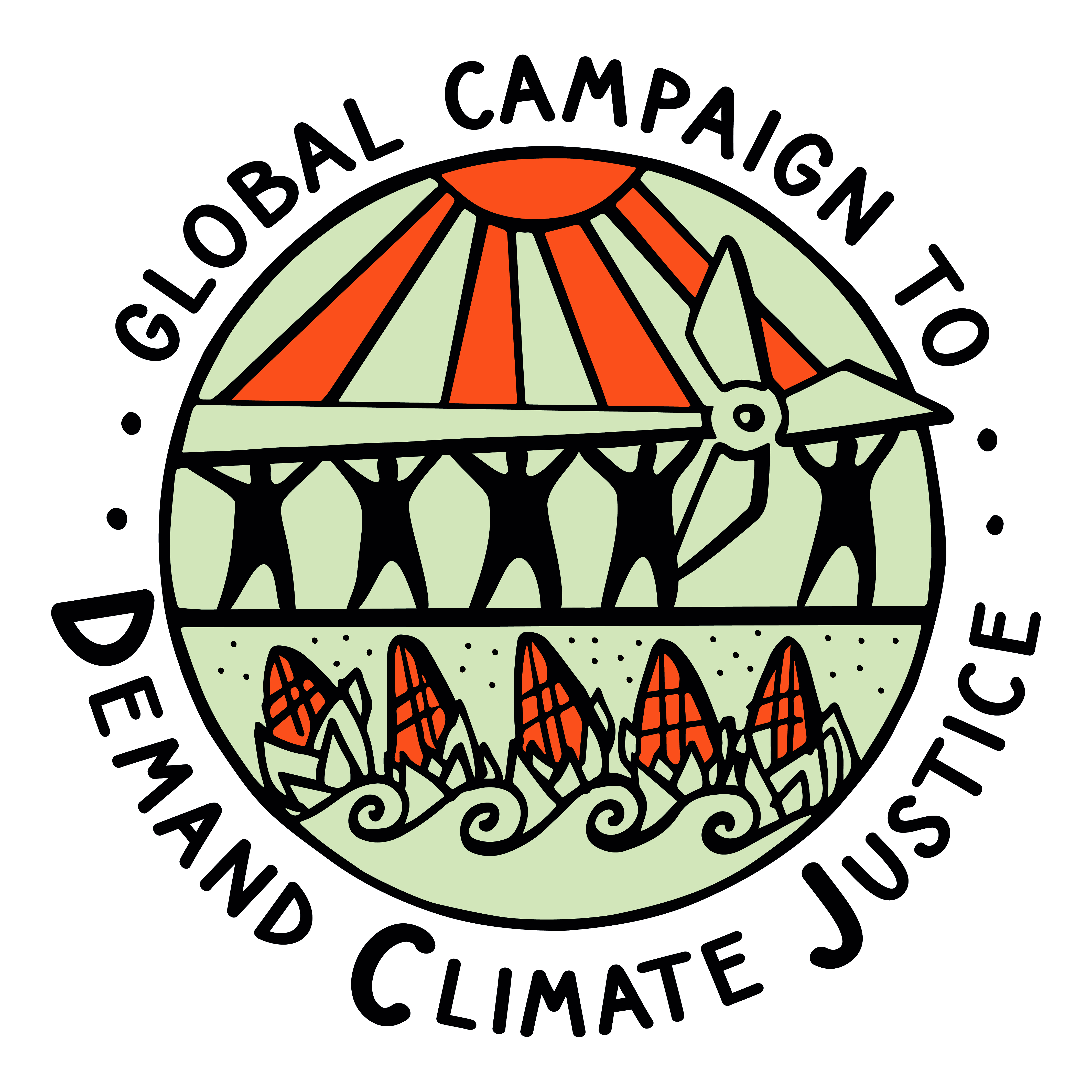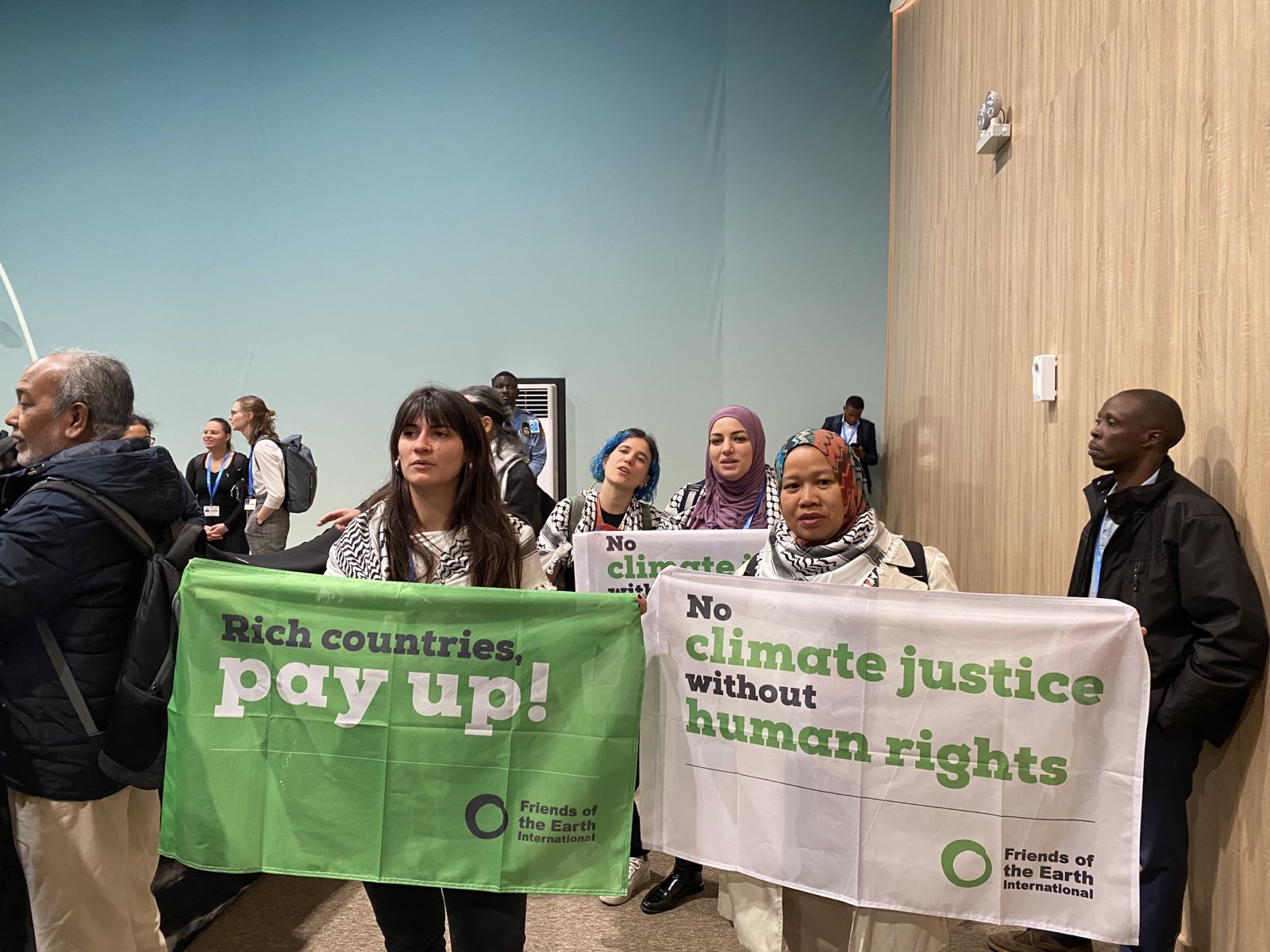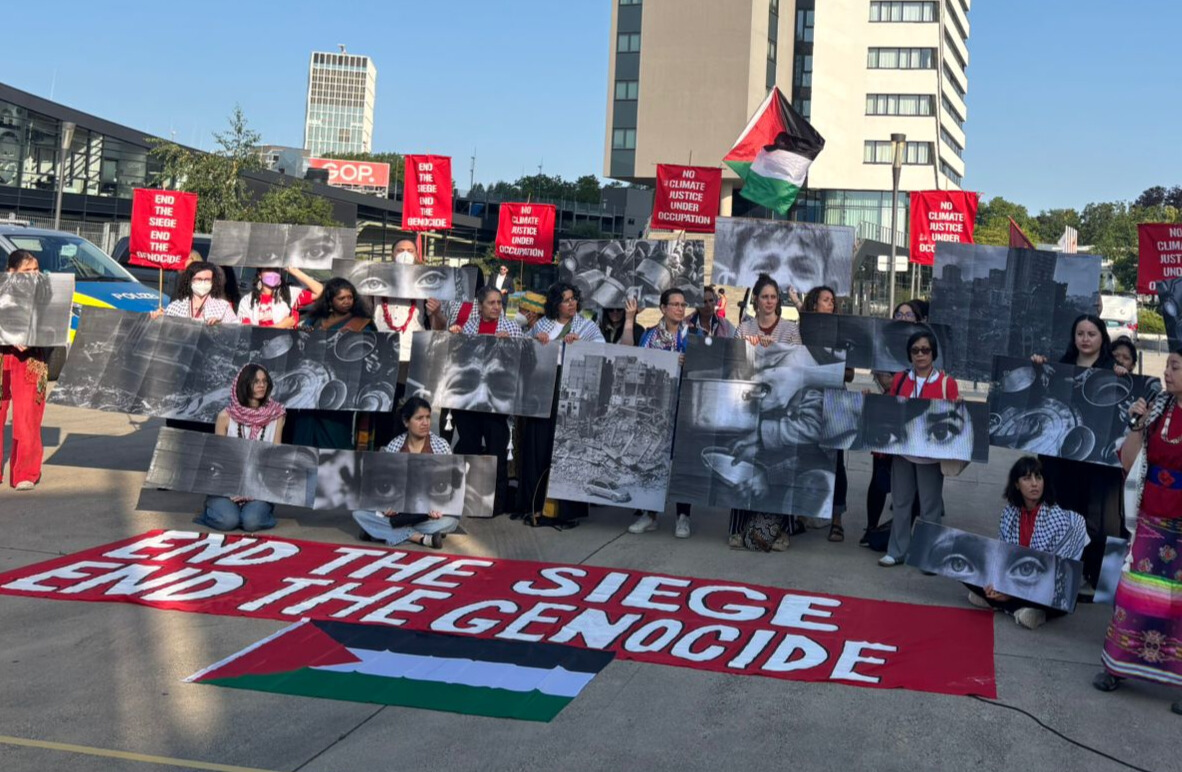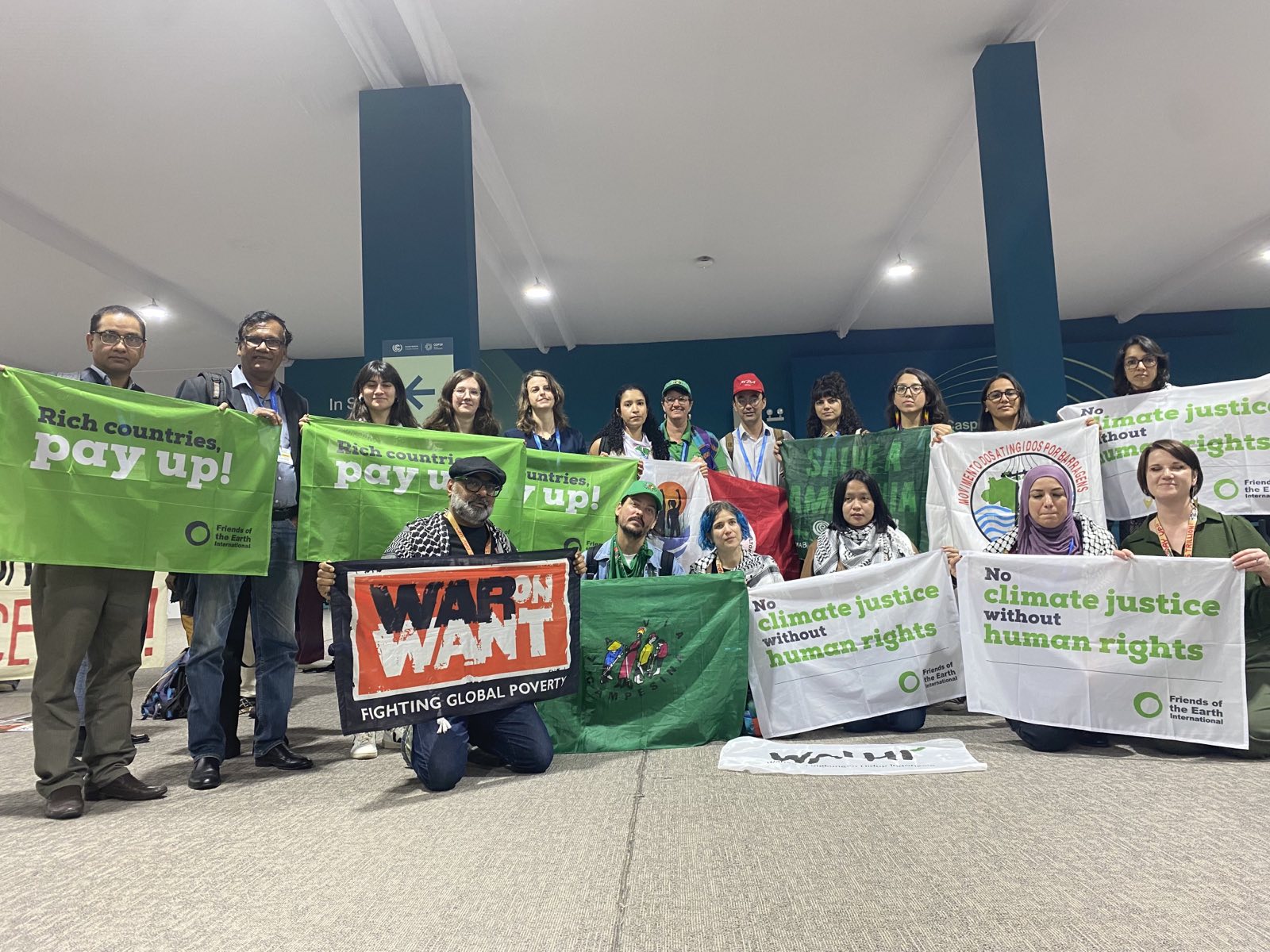DCJ Press brief: Key issues to watch out for at the June Climate Meetings (SB62)
| Report on climate and events like COP but leaving out the Bonn negotiations? Journalists and climate communicators have much to gain from the June Climate Meetings: Set the narrative: Early bird gets the most traction. Bonn is a chance to introduce new narratives and issues the world will focus on. Be ahead in the game. Build relationships: Everyone is too busy during the COP. Build your key relationships for the year with experts, activists, scientists and movement leaders. Investigative pieces: Bonn is a great moment to start working on a long form piece. There are no rushed timelines, experts have time for longer interviews, and you get the time to work on an in-depth report and release it in time for COP. Not able to make it to Germany, no worries! We have set up a Media hub for you to receive updates everyday. Click on this link. For more information on any issues or in-depth interviews with experts and movement leaders, write to [email protected] or Whatsapp +91 9820918910. |
Bonn Press Brief
The 62nd meeting of the Subsidiary Bodies (SB62) of the United Nations Framework Convention on Climate Change (UNFCCC) taking place in Bonn, Germany, from June 16th-June 26th, 2025. will be the first time governments gather after a deeply disappointing failure to deliver new climate finance commitments at COP29 in Baku, Azerbaijan.
Almost one-quarter of the Parties to the Paris Agreement either rejected or registered reservations about the New Collective Quantified Goal (NCQG) decision before Azerbaijan’s COP29 President unabashedly bulldozed through its adoption, stage-managed by UNFCCC’s Executive Secretary. Along with Article 6 carbon markets standards which were adopted by a highly unconventional process that avoided any customary formal approval by Parties, Baku’s two top finance deliverables remain dubious, containing no mandates for any meaningful actions after Belem’s COP30. Combining non-commitments under Article 2.1c to align all financial flows with the 1.5C temperature goal, only the delivery of non-negotiated reports are required at COP30, leaving a rough road for climate finance with no certain future beyond Belem.
Global North governments have historically used these meetings to promote deceptive finance, false solutions and neo-colonial schemes. These policies and frameworks deepen the inequalities and delay the urgent system change we need to prevent climate collapse. Bonn’s climate conference also begins a new chapter of geopolitical changes where US President Trump’s global trade war accelerates economic deglobalization amid intensifying resource competition while ongoing genocidal wars are recasting government priorities, resulting in repositioning negotiators’ expectations. Add in Trump’s second exit from the Paris Agreement and our world is left wandering further off-track from 1.5C without participation of the nation with the most historical responsibility to reduce emissions and respective capabilities to provide finance and technology.
With the exit of US, this is a crucial moment for Global South governments and movements to hold the leaders of the richest, industrialised nations accountable and stop their schemes to derail climate action, distort the agenda of Just Transition and adaptation, and escape from their historical and legal obligations under the UNFCCC and its Paris Agreement.
At a time when the climate crisis is reaching catastrophic levels, with the Global South being least responsible but most affected, the negotiations in Bonn will determine whether COP30 in Belém becomes a moment of reckoning or turns out to be another co-opt by Global North governments and their corporates to orchestrate their Great Escape from historical responsibility.
Key policy documents
| (Click to open)Third World Network: Curtain Raiser on SB 62 DCJ Finance brief |
Key moments
| Every day: DCJ Daily Press Conference on Global South perspectives at 10.00 am in Nairobi press conference room 16th June: Mobilisation on Palestine Solidarity on opening day outside the venue followed by press conference by Palestinian groups at 10am at the Nairobi press conference room 17th June: ‘Defuel the Genocide: Global Energy Embargo on Israel Now’ press conference at 10am at the Nairobi press conference room 18th June: Kick Big Polluters Out mobilisation at 8am outside the venue followed by press conference at 10am at the Nairobi press conference room 18th June: Civil society-cross-constituency led just transition day with various activities 19th June: DCJ opening press conference on Global North’s blocking climate action and efforts to use climate negotiations to perpetuate their colonial agenda 24th June: Side Event on Peoples Summit, a global convening of peoples’ movements during COP30 in Brazil 25th June: Side Event on Real Solutions: A system transformation approach to equitable and just transition |
Key research from members
Key policy focus
- Solidarity with Palestinian resistance
- Defuel the Genocide: Global Energy Embargo on Israel Now.
Press conference demanding that the COP30 host government, Brazil, end all crude oil and refined products exports to Israel, demonstrating its seriousness towards addressing the genocide and climate change. The speakers will also address the governments of the USA, Colombia, Brazil, South Africa, Azerbaijan, Nigeria, Greece, Cyprus, Italy, Albania, Russia, Turkey, Kazakhstan and Gabon, to demand an end to the transfer of coal, crude oil and petroleum to Israel, and pressuring energy corporations that are most implicated in supplying Israel during the genocide, particularly Glencore, Drummond, SOCAR, BP and
Chevron. Additionally, also call on Egypt, the EU, and other countries to end gas purchases from Israel and stop companies from profiteering from Israel’s settler-colonial occupation, apartheid, and genocide.
- End the Siege, End the Genocide: No Climate Justice Under Occupation
A peaceful protest intended to show the deep outrage of the climate movement at the ongoing genocide in Palestine. As Israel continues its brutal campaign of bombing, massacres and starvation against an innocent civilian population, many of the actors and states that are directly responsible for these crimes walk the halls of the climate negotiations. The protest is to remind them of the deep interlinkages between the intersecting crises of climate, capitalism, colonialism, militarism, violence and genocide. And that they cannot separate climate justice and the cause of Palestinian liberation. The protest will be followed by a press conference in the June Climate Meetings (SB 62) press conference room.
WHEN Protest timings: June 16th, 8:00 AM. Press conference timings: June 16th, 10 AM.
WHERE Protest venue: World Conference Center Entrance (Metro stop: Heussallee/Museumsmeile). Press conference venue: Nairobi 4, Main building.
Resources for journalists on the protest and press conference.
Recording of press conference.
- Discussions on Just Transition Mechanism
The climate justice movement believes that this is a make-or-break year for just transition in the UNFCCC. One more year without substantial and actionable decisions on just transition will render the Just Transition Work Program (JTWP) into a permanent talk shop not worth renewing after it expires in 2026 as per article 3 of the COP28 JTWP Decision. Furthermore, the JTWP should not be seen as another platform to push for prescriptive top-down, mitigation-centric approaches or an enabling environment to attract investment and profit opportunities for multinational corporations and financial institutions, especially from the North.
Either the JTWP fulfils its promise of delivering concrete outcomes for developed countries more vulnerable to the climate crisis and especially real people suffering both intensifying climate change impacts and unjust transitions, or it becomes another failed workstream further obstructing a sufficient international response to the climate crisis.
Key issues
- JTWP should focus on operationalisation of Common but Differentiated Responsibility and Respective Capability (CBDR-RC) on all elements (a broader scope – not mitigation and energy centric and not only labour-focused) but enable just transition pathways for the full implementation of the goals of the Paris Agreement.
- JTWP should not be seen as another platform to push for prescriptive top-down mitigation-centric approaches or creating enabling environments to attract investments for the global north private sector actors; instead, it should consider the needs of the vulnerable groups and prioritise community led solutions (that are co-created by and benefit workers in both the formal and informal sector, communities, small and medium enterprises, as well as developing countries).
- A JT must include agriculture as 4 billion people, who are already disproportionately experiencing the effects of climate change, depend on the sector. We need a JT towards equitable, humane and agroecological food systems that will support both adaptation and mitigation goals.
- Just Transition cannot and must not be reduced to a scheme designed to uphold existing inequities and to appease markets and investors. This is a betrayal of the millions of workers, farmers, Indigenous Peoples, and communities whose survival depends on a radical and comprehensive transformation of existing systems.
…
- Adaptation
This year is very significant for adaptation related items. There are five agenda items under adaptation: (i) GGA, (ii) National Adaptation Plans (NAPs), (iii) the Nairobi work programme, (iv) review of the Adaptation Committee and (v) guidance relating to Adaptation Communications.
At COP 29 in Baku, by decision 3/CMA.6, there were some gains made with a substantive outcome under the GGA, in particular, to have the GGA as a “standing agenda item”, with the adoption of the ‘Baku Adaptation Roadmap’ to advance the GGA work under the ‘UAE Framework for Global Climate Resilience’; and the inclusion of “means of implementation” in the UAE-Belem work programme on the development of indicators, for measuring progress achieved towards the GGA’s seven thematic and four dimensional targets. These were key demands by developing countries. (The GGA thematic targets cover water, food and agriculture, health, ecosystems and biodiversity, infrastructure and human settlements, poverty eradication and livelihoods and protection of cultural heritage, while the dimensional targets are (i) impact, vulnerability and risk assessment, (ii) planning, (iii) implementation and (iv) monitoring, evaluation and learning. )
However, huge gaps remained on the rest of the adaptation agenda items, especially on the very important issue of NAPs, with only a procedural decision to continue further work at SB 62. The NAPs agenda has seen a history of stalled negotiations due to fundamental divergences between developing and developed countries over anchoring means of implementation in the decision, consistently blocked by developed countries led by the US.
- Anchoring Article 9.1 in the Baku to Belém Roadmap to 1.3 T and rejection of attempts to transfer responsibility of climate finance delivery from rich governments to the private sector and multilateral institutions
The Baku to Belém Roadmap to 1.3T was established at COP29 as a year-long process to look at how the $1.3 trillion goal agreed at COP29 within the NCQG process should be reached. It will produce a report summarising the outcomes by COP30. It is a key demand of Global South countries and movements that Article 9.1 of the UNFCCC be anchored in this process to reinforce the principle of common but differentiated responsibilities and respective capabilities (CBDR-RC), a core concept of the UNFCCC. Additionally, after the New Collective Quantified Goal (NCQG) debacle in Baku last year, the Global North is set to orchestrate a co-opt of the Baku to Belém Roadmap to 1.3 Trillion by pushing for transferring responsibility of climate finance delivery from rich governments to the private sector and multilateral institutions (eg. World Bank) and further undermine the UNFCCC. This must be resisted at all costs. The Baku to Belém Roadmap to 1.3 Trillion is not a treasure hunt for the private sector.
Key demands
- Climate finance outcomes of Baku to Belém Roadmap to $1.3 Trillion in line with climate justice
- Urgent delivery of climate finance obligations in the trillions from Global North – past and present
- Clear implementation and timeline on the tripling of climate finance flows to UNFCCC climate funds
- Scaled up commitments and delivery of pledges to Fund for Responding to Loss & Damage (FrLD) and Adaptation fund
- Adequate financing for just and equitable transition out of fossil fuels and into renewable energy
- Finance climate-resilient food systems and ensure the right to food and food sovereignty.
Key Climate Finance figures
The Global South demands:
- Climate Finance: $5 Trillion in public grants.
- Adaptation Finance: $2 Trillion for energy transformation and $1 Trillion for food systems transformation.
- Loss and Damage: $1 Trillion for Fund for Responding to Loss and Damage.
…
- Promoting false solutions under the cover of the Global Stocktake (GST)
From carbon capture and utilisation and storage (CCUS) to carbon dioxide removal (CDR) and low-carbon hydrogen production, the Global North is pushing a set of false solutions under the cover of the Global Stocktake (GST) outcome from COP28. These technofixes are not solutions—they are lifelines for fossil fuel expansion and tools for delaying real solutions.
Key demands
- Carbon markets are not, and should not be considered, climate finance;
- Climate finance should not be spent on false solutions, including CCS, CDR etc;
- We need to close the false solutions/abatement loopholes in any reiteration of the GST outcome.
- Investment in real solutions that are grounded in people’s sovereignty and ecological justice, not colonial logics and market mechanisms.
…
- Global South debt crisis and unjust debt architecture addressed within the Sharm el-Sheikh Dialogue on Article 2.1c
Public finance is urgently needed to address the intensifying climate crisis due to the Global North’s historical and continuing occupation of the world’s commons and failure to execute ambitious climate action and deliver on climate finance obligations. Yet, the Global North continues to silence the clamor for the cancellation of public, illegitimate debts that Global South are being forced to repay.
Key demands
- Climate finance must be grant-based, public and adequate so countries are not forced into debt
- To align all financial flows with the climate emergency, we must address the Global South debt crisis. This means debt cancellation for all countries, across all creditors, free from economic conditions. We also need urgent reform to the debt architecture via a UN framework convention on sovereign debt, including a multilateral debt workout mechanism.
- No to false finance solutions that are inadequate (like climate resilient debt clauses), or that can exacerbate the current situation (e.g. debt swaps, more climate finance as loans, green and blue bonds, and MDBs playing a bigger role in climate finance delivery)
…
- Negotiations and updates on the Tropical Forest Forever Facility (TFFF), Global Goals on Adaptation and Just Transition Work Program for food systems transformation.
Key demands
- Ensure climate action and food systems transformation are properly addressed in more ambitious Nationally Determined Contributions (NDCs) and National Adaptation Plans (NAPs) in 2025 starting with the JT package to include agriculture and a recognition of the need to urgently transition away from industrial agricultural production towards equitable, humane and agroecological agricultural food system as an effective adaptation and mitigation measure to equitably reduce deforestation and tackle emission to meet the 1.5°C climate target.
- Climate financing for smallholders and an equitable just transition towards humane, sustainable, and agroecological agricultural practices and agroecology
1. Demand sufficient and adequate provision of climate finance from the Green Climate Fund (GCF), Loss and Damage Finance (LDF), and Adaptation Fund (AF) for climate action on agriculture & fisheries and agroecology.
2. Redirect finance and perverse subsidies from false solutions in big ag and big livestock to real solutions in agriculture, including agroecology and agroforestry, local consumption and production, gender justice in the food systems and support to small holders.
…
- GST outcome on Fast, Fair, Funded, Forever Phase Out from Fossil Fuel.
The GST outcome (COP28) promotes problematic technologies like ‘abatement and removal technologies such as carbon capture and utilisation and storage, particularly in hard-to-abate sectors, and low-carbon hydrogen production’ – that risk extending fossil fuel use and enabling further expansion.
Key demands
- Fast, funded, fair, forever phase out.
- #DontGasAsia #DontGasAfrica
- If calls for fossil fuel phase out need to refer to the GST outcome (from COP28) then they should lift up the specific FF/energy elements of the GST rather than calls for reiteration of para 28 or ‘full GST implementation’ (as these explicitly encourage false solutions).
- Technology Implementation Program (TIP)
Countries will decide on the way forward for implementing the TIP. Technology is a key pillar of means of implementation support that developed countries have to provide to developing countries under the UNFCCC and its Paris Agreement. We stress that the TIP must be implemented in line with the principles of CBDR-RC and equity.
Key demands:
- Technology transfer from developed to developing countries must occur.
- Sustainable and adequate access to financial resources is key in addressing technology needs of developing countries. Finance must be provided to implement technology needs and priorities identified by developing countries in their Technology Needs and Assessment, Technology Action Plans, Biennial Transparency Reports, National Communications, and Long term strategies.
- Barriers posed by the international intellectual property rights regime must be addressed so that developing countries.






